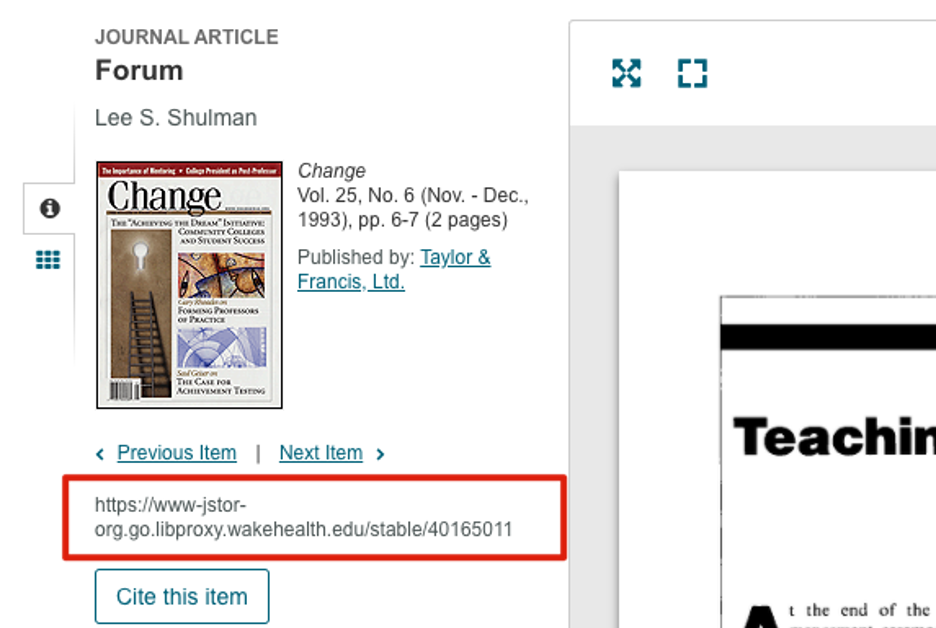This article is more than 5 years old.
This edition of the Courses & Copyright Conundrums blog series is a collaborative piece from Kyle Denlinger, Digital Pedagogy & Open Education Librarian, and Molly Keener, Director of Digital Initiatives & Scholarly Communication, both at ZSR Library. Posts in this series appear on ZSR and CAT blogs. For additional support, consider attending one of the Faculty Commons pedagogy workshops.
Course readings are the bread and butter of our classes. They are the foundations around which we build our discussions, lectures, and assignments. Readings are assigned in nearly every class we teach. Some are textbooks or other books, some are articles from the library or found online, some may even be scans of works you’ve made. With Canvas, it is super easy to post PDFs of course readings and super tempting to do so. But we can’t. Seriously. Below we explain why we can’t post readings to Canvas, but leave you with instructions for how to legally get your students access to the readings you need. We aren’t trying to be the copyright police, but rather share best practices and keep you on the right path. So here are our Course Readings FAQs.
Q: I’m intending to assign PDFs of articles for independent reading. Can I upload a PDF to Canvas?
A: In cases where you’re just sharing articles for independent reading, we discourage uploading PDFs to your course site, as this is typically in violation of our licensing agreements and copyright rules. For scans of print materials from your collection or ours, you can use ZSR’s Course Reserves service. For licensed electronic resources like journal articles and ebooks, you can either use Course Reserves or create direct links* that will ask that users authenticate with their WFU account. More on creating links below.
*One exception is the Harvard Business Review, which explicitly forbids linking to its content. If you’re assigning HBR readings, you can only give the citation. Upside is it encourages students to learn how to navigate library databases, rather than using Google. (And yes, we know they do.)
Q: I’d like to use Hypothesis or VoiceThread to have my students interact with the texts. Surely I can upload a PDF then, right?
A: In cases like this, where it’s essential that everyone have access to a central copy of the text, then it may be a fair use to upload a PDF when creating a Hypothesis assignment or VoiceThread activity. It is possible (although not guaranteed) that such uses are sufficiently “transformative” as to constitute a fair use, in that they’re allowing us to do something new with the original work to accomplish purposes of scholarship and teaching. You are the only one who can make a fair use determination for your assigned use, but luckily there’s guidance and even a checklist to help you think it through, and Molly is available for 1:1 consultations. Note that this fair use argument likely only extends to individual articles or book chapters, not entire books. Note also that we are not lawyers and none of this — ever — is legal advice.
Q: How do I link to a specific page or download a PDF of a chapter from a ZSR Library ebook?
A: ZSR provides access to texts on a few different ebook platforms, but the most widely used is ProQuest’s Ebook Central. To link to a specific page or download a chapter to an ebook in Ebook Central, look for these tools in the toolbar. Similar tools should be available on our other ebook platforms. Remember, if you are downloading library materials to post in Canvas, you need to assess for fair use (see the previous question). Here’s an example to practice with.
Q: How do I link to an article from a ZSR Library database or online journal?
A: When you link to articles from our electronic resources, the URL in the address bar typically won’t be the one you can share. These resources require users to authenticate with their WFU credentials, so you need to provide a link that connects them to our authentication service. Look around on the page for a “Permalink” or “Stable URL.” In most cases, these links will have some combination of the words “libproxy” and “wakehealth” somewhere in them. Some examples:
JSTOR:
Wiley:
Q: I need to share a reading that isn’t part of the library’s subscriptions and/or is a section from a book that only exists in print and/or is a copyrighted PDF from my secret stash. How can I do that?
A: For instances where the reading isn’t available electronically, ZSR’s Course Reserves service may be able to help you. They will take on the fair use determination on your behalf and put materials on electronic course reserves if possible. Again, if you’re just assigning the texts for independent reading, then it’s best to use the Course Reserves service. If you’re using Hypothesis or similar, you can likely upload the PDFs that Course Reserves provides when you create those assignments, but again only after assessing for fair use (you determine this one, not Course Reserves). You’re doing your due diligence with these multiple fair use analyses, which is another mark in your favor when determining fair use. (And yes, we know you just want Molly to give a yes or no answer to your fair use inquiries, but she really, truly can’t.)
Final Thoughts
Link, link, link! If it’s available online, then linking is almost always the best option.
Before you post anything that you can’t link to, reach out to the library’s Course Reserves service.
Remember that fair use is your friend, but it is not a blanket permission that you can simply claim without doing an analysis. Oh, and that classroom use allowance in copyright law? Yeah, it doesn’t actually grant carte blanche copyright permission, so don’t rely on it without knowing what it does cover — and it isn’t the same online as it is face-to-face.
If you have any questions about your course materials, please don’t hesitate to reach out to Kyle Denlinger (denlinkd@wfu.edu) or Molly Keener (keenerm@wfu.edu), or consider joining Molly for one of her Course Materials & Copyright workshops
![]() This work is licensed under a Creative Commons Attribution 4.0 International license. It was created by Kyle Denlinger and Molly Keener last updated 5 August 2021.
This work is licensed under a Creative Commons Attribution 4.0 International license. It was created by Kyle Denlinger and Molly Keener last updated 5 August 2021.





1 Comment on ‘Sharing Readings & PDFs Online: Courses & Copyright Conundrums’
Thanks for this cup of clarity. It will be useful for me-even though I only teach one class a year-and also my liaison faculty who can really use this information. i appreciate your pro-active approach. thanks!